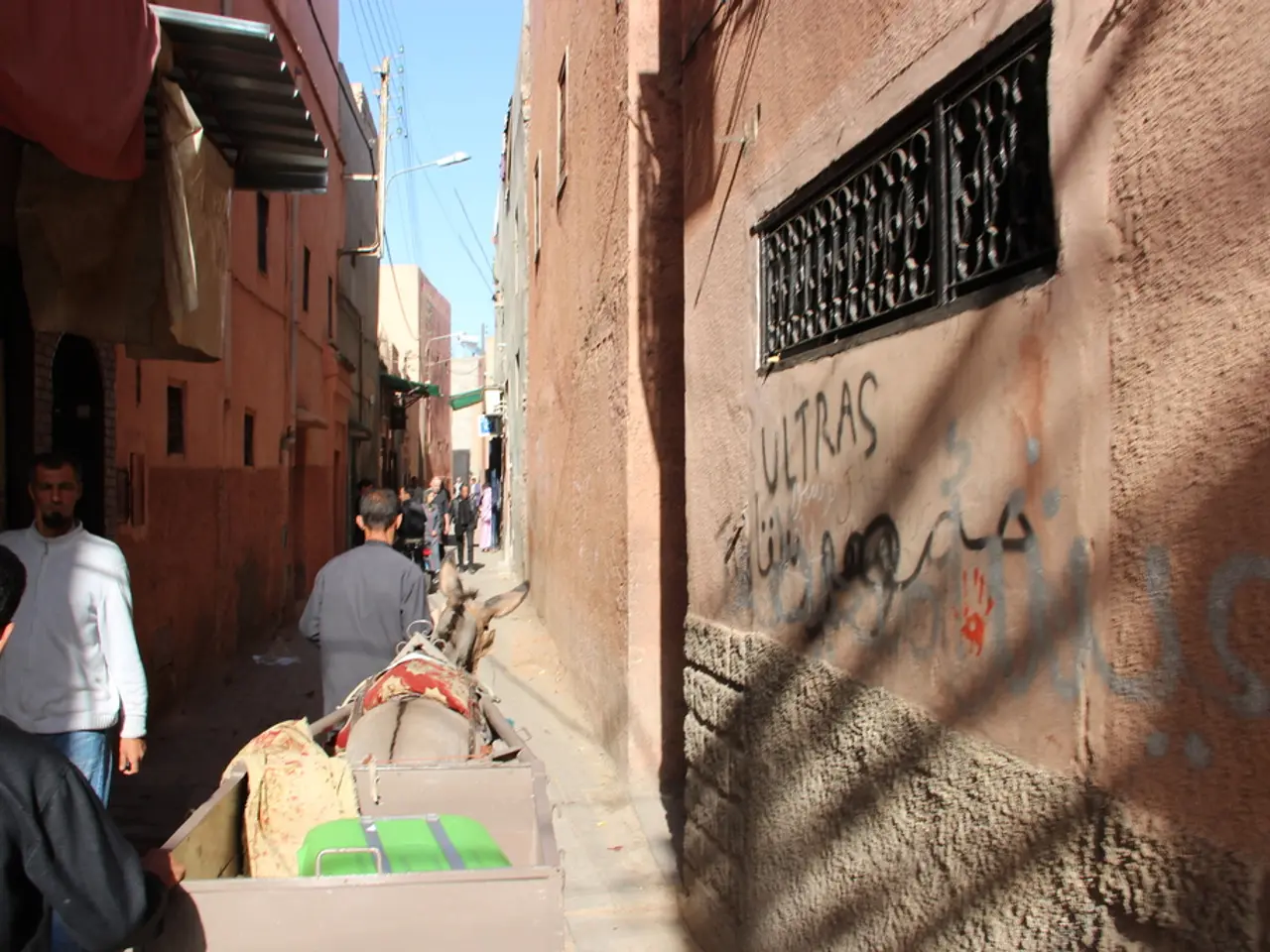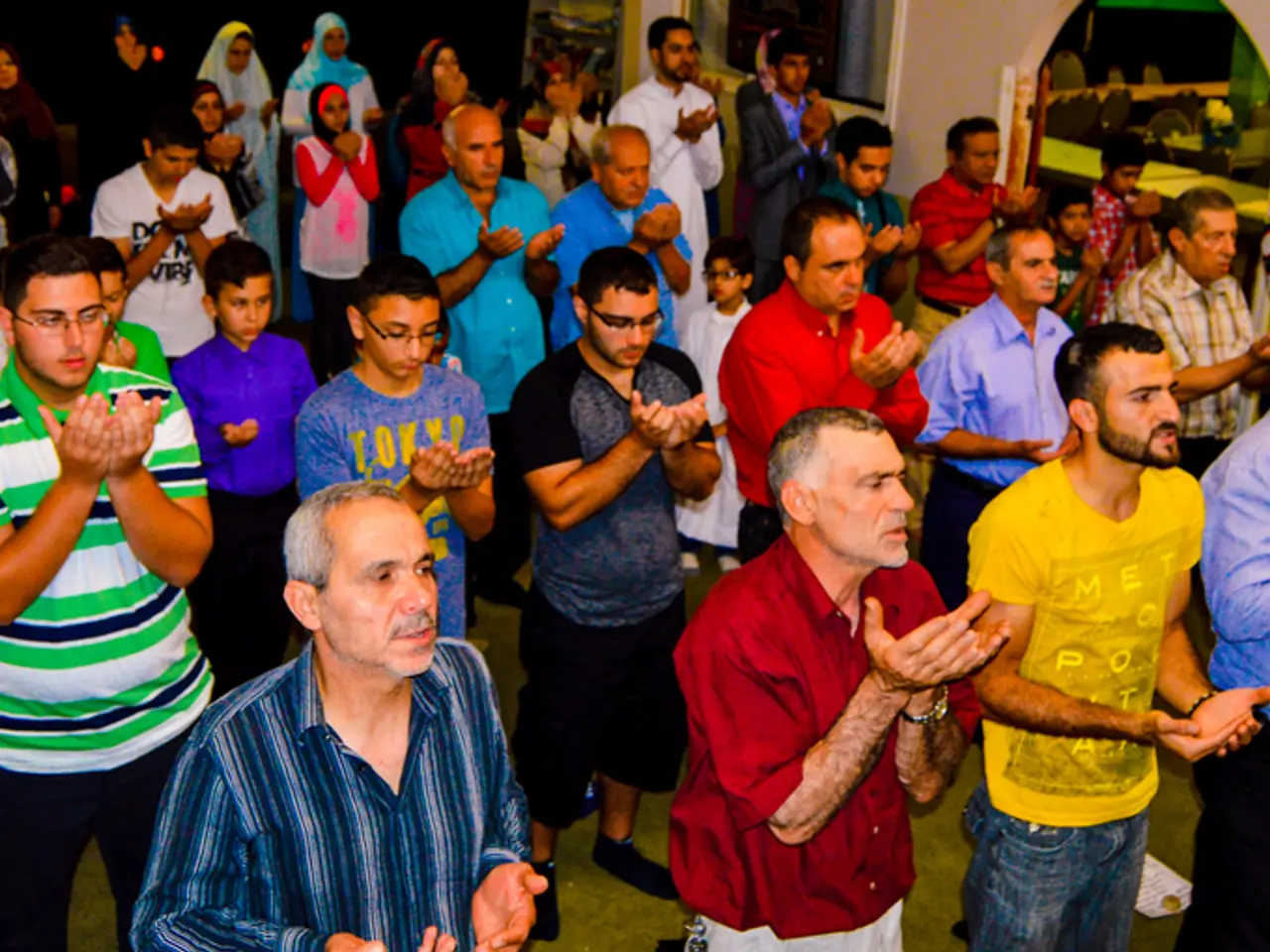France's prohibition of hijabs at the Olympics contributes to heightened discrimination against Muslim women and girls.
The upcoming 2024 Olympic Summer Games in Paris are set against a backdrop of controversy, as France enforces a legal ban on religious symbols in sports, including the hijab. This decision clashes with the International Olympic Committee's (IOC) stance, which supports the accommodation of religious dress for athletes.
In 2023, Human Rights Watch called on countries such as France to take stronger action to combat rising anti-Muslim hate in Europe. The call came amid increasing tensions coinciding with the war in Gaza. The ban on sports hijabs, which extends across various sports such as basketball, football, and volleyball at both professional and amateur levels, has been criticized on social media and by numerous human rights organizations.
France's secularism policy, known as laïcité, argues that the ban is necessary to maintain law and order and avoid separatism. However, critics and observers argue that the ban disproportionately targets Muslim women and violates international human rights principles that require any restrictions on religion to be necessary, proportionate, and non-discriminatory. There is no credible evidence that wearing hijabs poses a threat to public order in sports contexts.
The IOC, on the other hand, recognizes the nuances of religious accommodation in sports and allows religious attire, reflecting an inclusive and non-discriminatory approach. The IOC's current stance is to explicitly permit religious attire such as the hijab during competitions as long as it does not compromise athlete safety.
The decision to ban hijabs from the Olympic Games is likely to fuel discrimination in the sporting realm and society as a whole. Many Muslim individuals feel uncomfortable embracing their faith in public due to the rise of right-wing populism and nationalism in France. This discomfort is further exacerbated by the high levels of islamophobia and discrimination that exist in the country.
Notably, Amnesty International has called upon the IOC to take a stand against France's ban on sports hijabs. Hélène Bâ, a basketball player, has expressed her concern about the ban, calling it a violation of the Olympic charter and an infringement on fundamental rights and freedoms.
In contrast to France's stance, the IOC has stated that France's prohibition on sports hijabs is outside the remit of the Olympic movement. France is the only country on the continent that excludes hijab-wearing athletes in most domestic sports competitions.
The controversy surrounding the ban extends beyond the sporting realm. France has introduced provisions that directly affect Muslim communities and perpetuate societal discrimination. The ban on hijabs, coupled with the imprisonment of a professional volleyball player who was jailed for raping a 12-year-old girl but is set to compete in the Paris Olympics, raises questions about France's commitment to justice and equality.
As the 2024 Olympic Summer Games approach, the tension between France's secular legal framework and the IOC's inclusivity standards remains a significant issue. The ban on sports hijabs is a contentious topic that highlights the need for dialogue and understanding in promoting a more inclusive and equitable society.
[1] IOC stance on religious attire in sports [2] France's ban on hijabs in sports
[1] "The International Olympic Committee (IOC) supports the accommodation of religious dress for athletes, allowing religious attire such as the hijab during competitions as long as it does not compromise athlete safety."
[2] "France enforces a legal ban on religious symbols in sports, including the hijab, which has been criticized on social media and by numerous human rights organizations, and is a contentious topic that raises questions about France's commitment to justice and equity."





